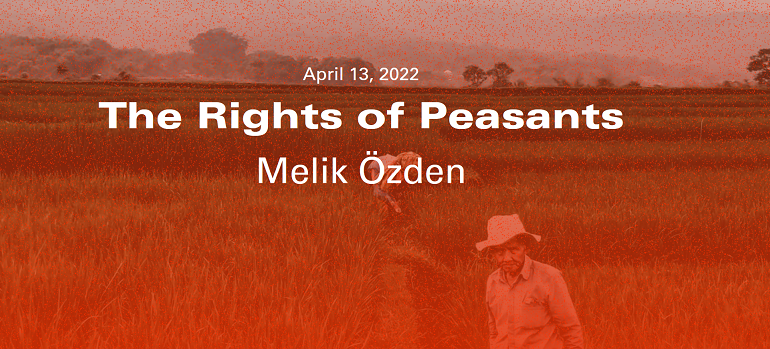
Agriculture, and more generally, food production, has been mankind’s principal activity since its very first settlements. Under the pretence of feeding mankind, from the nineteenth century onwards, this activity has become industrialised (through mechanisation, the ‘green revolution’, the intensive use of chemicals and digitalisation), which allowed, at least initially, increases in production.
Over time however, the process of industrialisation not only failed in its claim to be able to feed the world’s population, but has also had harmful effects in environmental, social, health, economic and cultural terms. Today, the sector is dominated by agri-food transnational corporations (TNCs), guided solely by the desire to maximise their profits in the shortest possible time.
This mode of production, supported by state subsidies and a favourable legal framework, has, in just a few decades, strengthened the TNC’s control over the agri-food sector. This dominance has been exercised, in particular, via the agri-food policies of the European Union and the United States, which in turn have placed severe pressure on peasants around the world. At the same time, a very large number of states, themselves often subject to structural adjustment programmes and threatened with exclusion from the world market, have not only reduced or eliminated all state support for peasants, but also abandoned all regulations of the related markets for food (price controls, customs duties, etc.), so strengthening further the monopoly of TNCs over the food chain.